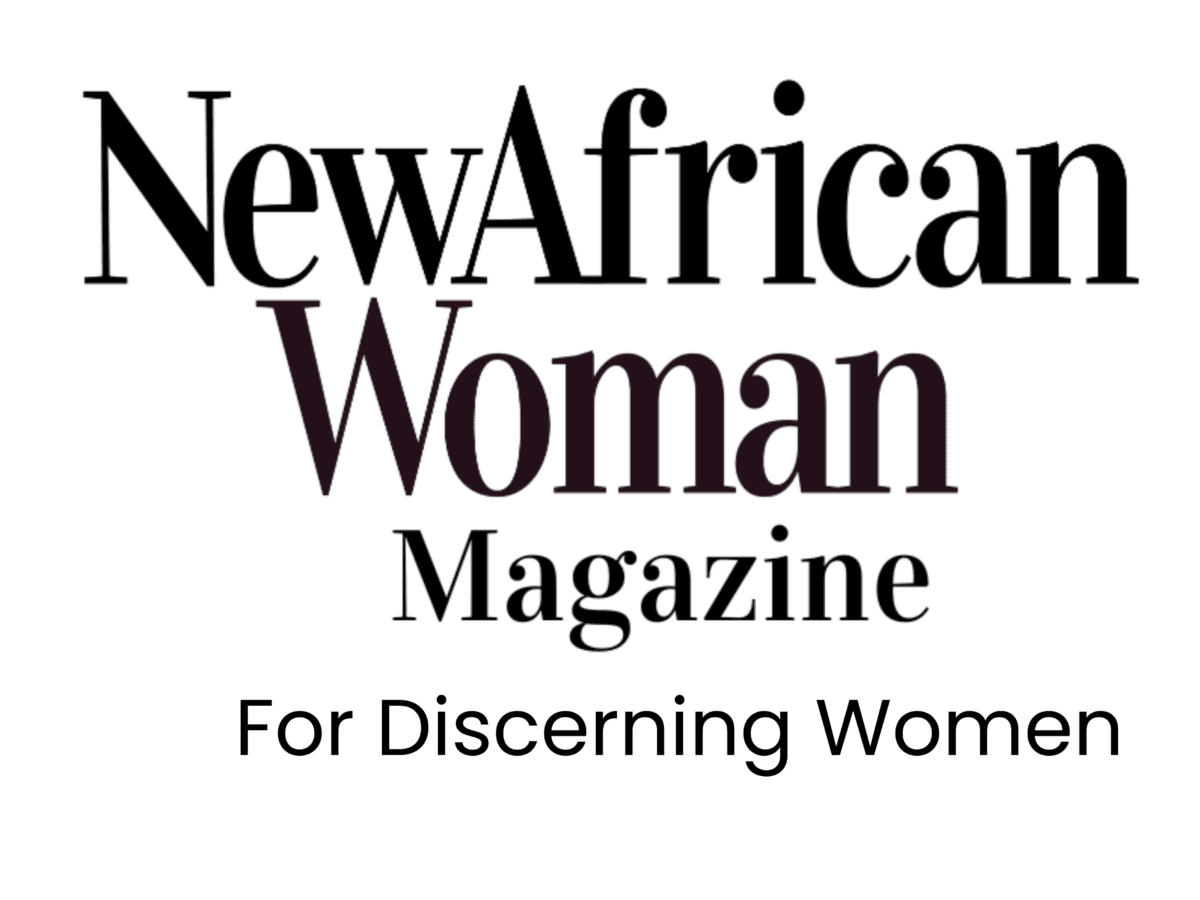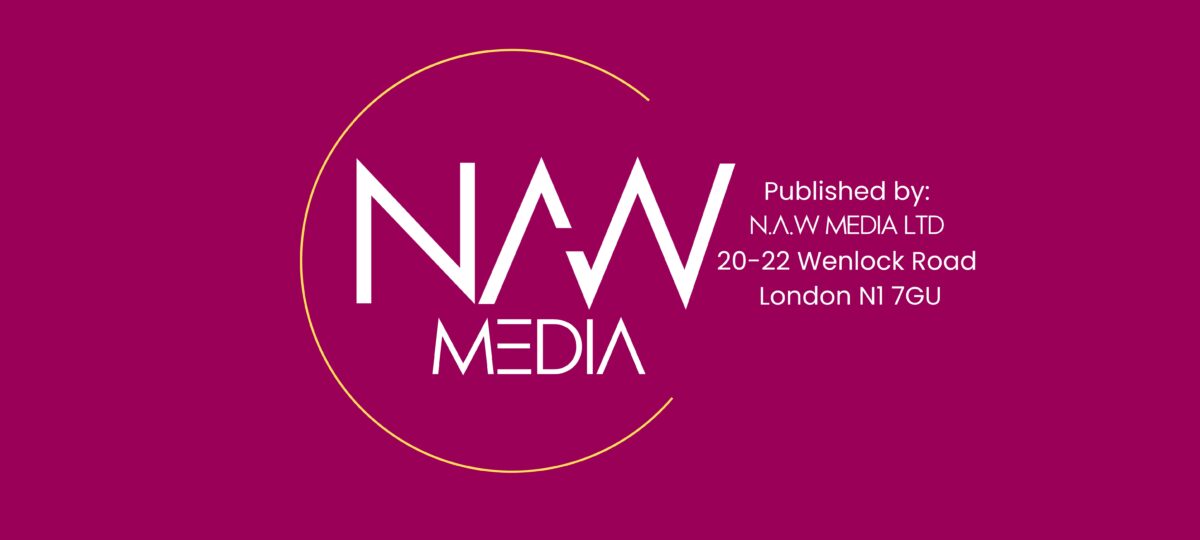WOMEN IN BUSINESS: Meet Linda Mabhena-Olagunju, the renewable energy business trailblazer

Linda Mabhena-Olagunju is an exceptional power woman breaking ground in one of Africa’s most male-dominated fields – renewable energy.
“Without power Africa cannot grow. Electricity is the backbone of any modern economy and my business is at the forefront of providing access to power, in the most cost effective and clean way,” Linda Mabhena-Olagunju, tells New African Woman. And that is a loaded truth.
As founder and CEO of DLO Energy Resources Group, an Independent Power Producer (IPP) based in South Africa, which is wholly driven by black women, Linda Mabhena-Olagunju not only owns, but develops, builds and operates renewable energy power plants, which generating electricity from clean natural resources such as the sun or wind.
She runs one of the largest wind farms in Africa, which operates at a 244MW capacity and also delivers carbon free solar power to over 160,000 homes in South Africa. An extraordinary feat in a field which is mainly male-led and owned.
It’s not surprising therefore that ( among other accolades) Linda has been listed on the 20 most powerful women in Africa on Oprah’s Winfrey Power List, as well as being honoured with the Best Emerging Entrepreneur Award by Forbes Woman Africa.
The New African Woman caught up with this trailblazing entrepreneur and here, in her own words, she shares her inspirational journey:
Early Beginnings & Family
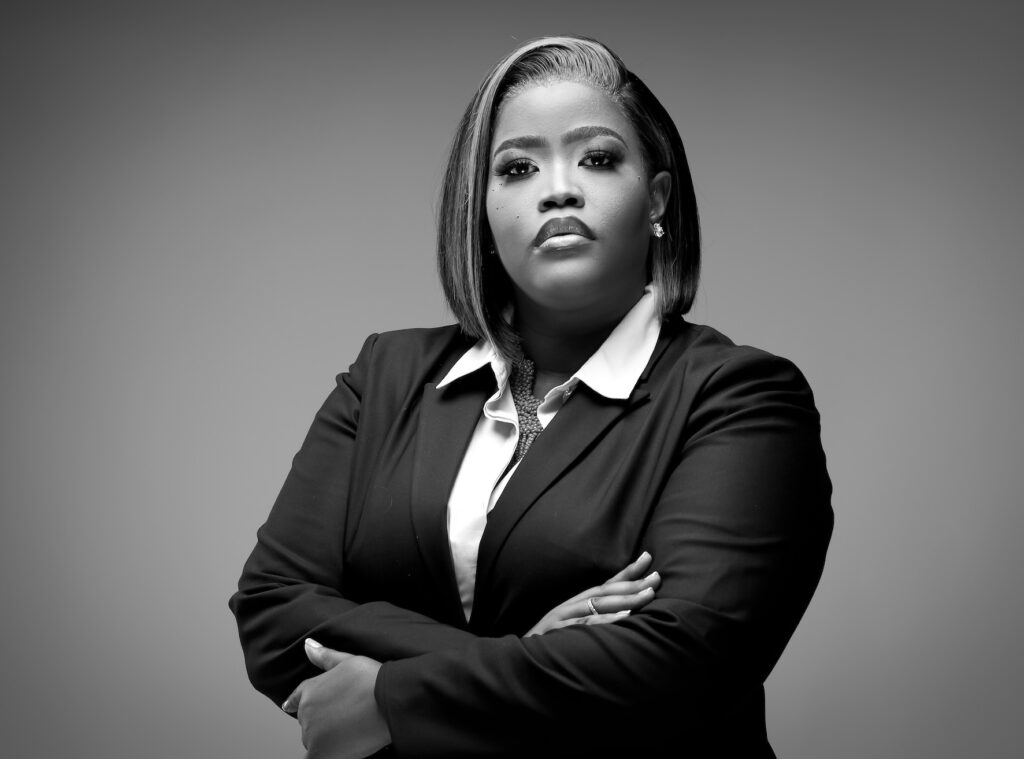
I grew up in the Eastern Cape in a small town of Umtata until 1993, when I moved to Johannesburg with my parents. So the formative years of my life were in Johannesburg.
I have 2 brothers one older and one younger. My dad is an attorney by profession but subsequently he started his own business and my mum is a teacher by training and she also joined my dad in his company.
My mum’s side of family was actively involved in the struggle against apartheid, I remember my uncle constantly being chased by the police and I remember some of them fleeing into exile as a result. My most significant memory was when the police came to raid my grandmother’s house to search for my uncle. I remember feeling completely vulnerable and scared.
Growing up experiencing racism even at school taught me to be vocal, I always fought for the students that were too afraid to speak up for themselves. I learnt to be super independent because I had no choice but to be, I also learnt the essence of education as a ticket to a better life. So I took school seriously, I was always the top student.
I have always had an entrepreneurial spirit. My first business was at the age of six, when I used to sell sweets to other students at school. But the seed for the work I do today got planted when I saw a map of Africa listing all of its natural resources and I was baffled as to why we remained poor. I wanted to get involved in the management of our resources and see whether I could contribute to doing things differently.
I studied oil and gas law and at the time there was a downturn in oil prices, so I got a job working for the Aberdeen Council in Scotland, (the United Kingdom) which was developing the city’s first offshore wind farm. I started there as an admin assistant, but the CEO saw great potential in me and within a few months I was the project officer for this offshore wind farm development.
The seed for the work I do today got planted when I saw a map of Africa listing all of its natural resources and I was baffled as to why we remained poor.
At the same time my home country South Africa was experiencing rolling blackouts and I wanted to see how renewable energy could be used to address the energy deficit back home especially because unlike our other African counterparts we were not an oil producing country.
I came back to South Africa practiced law for a bit and decided that I wanted to be on the other side of the negotiation table, and it is from there that DLO started.
Many studies have shown the direct link between the lack of access to power and economic performance. I wanted to be part of equalizing the playing field for Africans and creating an enabling environment for small business to thrive.
Without power the continent’s potential will forever be hindered.
Career In Business
In 2006 I obtained my LLB from the University of Cape Town, followed by my Masters in International Commercial Law from the University of Aberdeen, Scotland. In 2010 I was admitted as an attorney of the high court of South Africa in the South Gauteng division.
I practiced as a project finance attorney for a number of years prior to starting DLO and this inspired me in the sense that it gave me a bird’s eye view to the sector and I was able to learn a lot from the transactions I participated in.
After leaving legal practicing and becoming in-house counsel for an energy firm, I learnt to look at risk differently and form the viewpoint of an entrepreneur. This experience was what I call a real time MBA. I was learning all I needed to learn from some of the best developers in my sector, I also learnt what not to do, which in itself is a valuable lesson.
The Launch of DLO
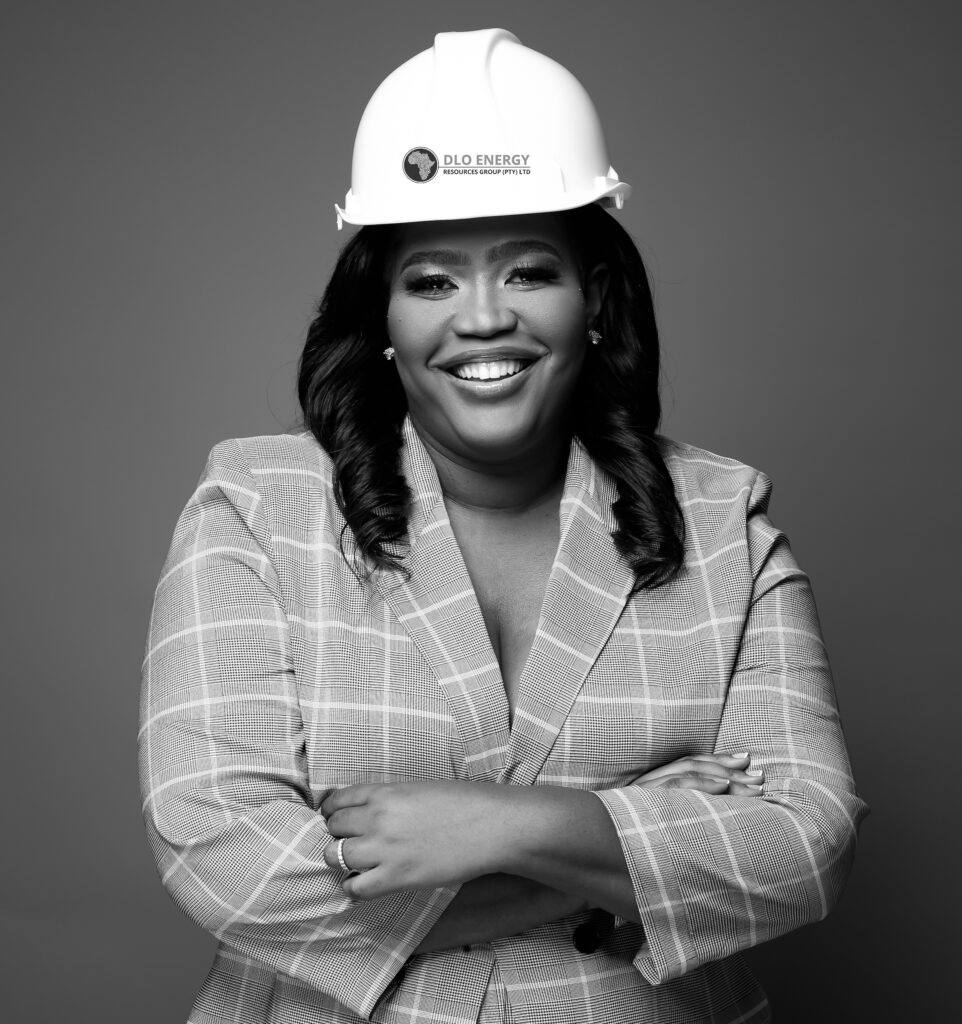
In 2011 DLO was established. In 2013 we submitted our bid proposals for the development of a 244MW wind farm under South Africa’s Renewable Energy Independent Power Producer Procurement Programme (REIPPPP). This programme was designed to procure power from private producers and we were successfully selected as one of the companies to provide power to the national grid and soon after DLO officially became a utility scale power producer and owner in one of Africa’s largest wind farms.
I went from being a startup, to becoming the largest female shareholder in one of Africa’s largest wind farms. I was 29 at the time. It was honestly a whirlwind experience.
One of the key challenges I had to overcome, was access to finance especially as a young woman in this space with no substantial assets base. We applied for funding from the Industrial Development Corporation of South Africa Ltd and we also put in our own equity.
On Solar Power & Energy
Without power Africa cannot grow. Electricity is the backbone of any modern economy and my business is at the forefront of providing access to power, in the most cost effective and clean way.
We use clean energy sources such as the wind and sun as such we are bringing down the emissions and assisting in the fight against climate change. It assists Africa and Africans by creating more access to clean power to enable African businesses to functions and the continent at large to educate its people, take care of its ill and feed its hungry.
One of the key challenges I had to overcome, was access to finance especially as a young woman in this space with no substantial assets base
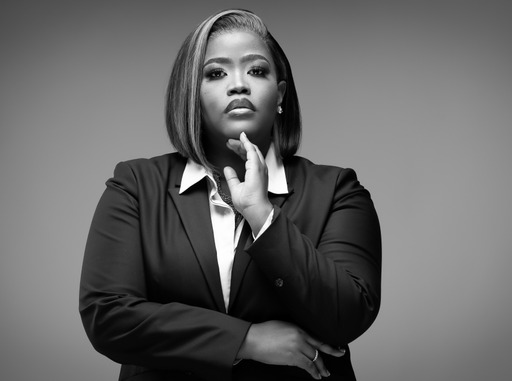
On the power of women in power
For me it starts with spreading knowledge around the sector and having positive female examples to inspire others to join. Often people are very intimidated by our sector but there are so many opportunities across the skills set. I have found that people with a background in finance, legal, engineering, asset management, business management have gone on to do great things in the energy sector.
There are so many online tools right now, more so than when I started. I would encourage people to visit the Power Africa website as a start to understand what is going on with the power sector on the African continent at large and encourage joining local renewable energy focused organisations, attending some conferences in this field, researching the sector and identifying where best your existing skill set could be useful in the sector.
